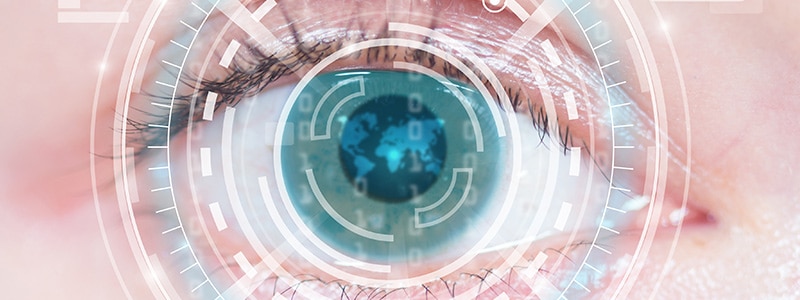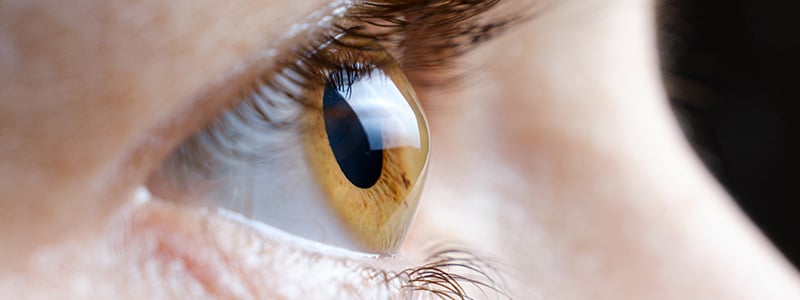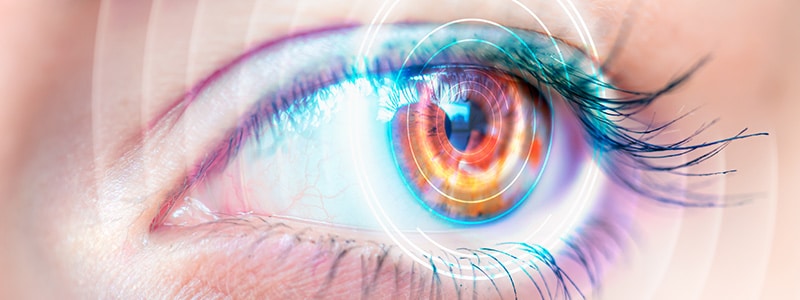Is LASIK Surgery the Right Choice?
LASIK (Laser-Assisted in Situ Keratomileusis) surgery is a popular refractive surgical procedure that aims to correct vision problems such as nearsightedness, farsightedness, and astigmatism. It involves reshaping the cornea using a laser to improve visual acuity. While LASIK has proven to be a safe and effective procedure for many individuals, it is essential to carefully consider whether it is the right choice for you. In this article, we will discuss various factors to help you make an informed decision about LASIK surgery.
Is LASIK Surgery the Right Choice for Me?
LASIK surgery may be a suitable option for individuals who meet the following criteria:
-
- Stable Vision: Your vision prescription should have remained relatively stable for at least a year before considering LASIK surgery. Significant changes in your prescription may affect the accuracy and effectiveness of the procedure.
- Age: The FDA has approved LASIK for individuals aged 18 and older. It is generally recommended to wait until your mid-20s when your vision has stabilized before considering LASIK surgery.
- Eye Health: You should have generally healthy eyes, free from conditions such as cataracts, glaucoma, corneal diseases, or severe dry eyes. Pre-existing eye conditions can affect the outcome and safety of LASIK surgery.
- Overall Health: Your overall health should be good, as certain medical conditions such as autoimmune diseases or uncontrolled diabetes may impact the healing process after surgery.
- Realistic Expectations: It is crucial to have realistic expectations about the outcomes of LASIK surgery. While it can significantly improve vision, it may not guarantee perfect vision or eliminate the need for glasses or contact lenses entirely.
Advantages of LASIK Surgery
LASIK surgery offers several advantages for eligible candidates:
- Vision Correction: LASIK surgery can effectively correct refractive errors, providing clearer vision and reducing dependence on glasses or contact lenses.
- Quick Recovery: The recovery period after LASIK surgery is usually rapid, with many individuals experiencing improved vision within a few days.
- Enhanced Lifestyle: LASIK surgery can improve your overall quality of life by allowing you to engage in activities such as sports or swimming without the hindrance of glasses or contacts.
- Long-Term Results: In most cases, the results of LASIK surgery are long-lasting, providing improved vision for many years.
Risks and Considerations
While LASIK surgery has a high success rate, it is essential to be aware of potential risks and considerations:
- Dry Eyes: Dry eyes are a common side effect after LASIK surgery, usually resolving within a few months. However, in some cases, it may persist.
- Halos, Glare, and Visual Distortions: Some individuals may experience visual disturbances such as halos, glare, or difficulty with night vision after LASIK surgery. These symptoms are typically temporary but can persist in rare cases.
- Undercorrection or Overcorrection: In some instances, the desired vision correction may not be achieved, requiring additional procedures or the continued use of glasses or contacts.
- Flap Complications: LASIK surgery involves creating a corneal flap, and although rare, there is a slight risk of flap-related complications, such as displacement or infection.
- Cost: LASIK surgery is an elective procedure and may not be covered by insurance. The cost of LASIK can vary, so it is important to consider the financial implications.
Alternative Options
If LASIK surgery is not the right choice for you, there are alternative vision correction procedures available, such as:
- PRK (Photorefractive Keratectomy): PRK is a similar procedure to LASIK but involves removing the surface layer of the cornea instead of creating a flap. It is suitable for individuals with thinner corneas or those at a higher risk of complications.
- Implantable Contact Lenses: Implantable contact lenses are placed inside the eye to correct vision, providing an alternative for individuals who are not suitable candidates for LASIK or PRK.
- Glasses or Contact Lenses: Traditional glasses or contact lenses remain a reliable and effective method for vision correction, offering flexibility and the ability to adapt to changing prescriptions.
Consult an Eye Care Professional
Making an informed decision about LASIK surgery requires a comprehensive consultation with an experienced eye care professional or LASIK surgeon at Coastal Vision Center. We will evaluate your eye health, assess your eligibility, and discuss the potential risks and benefits specific to your case. We can also provide guidance on alternative options if LASIK is not suitable for you.
LASIK surgery can be a life-changing procedure for many individuals, providing improved vision and reducing dependence on glasses or contact lenses. However, it is crucial to carefully consider your suitability, understand the potential risks, and have realistic expectations. Consulting with an eye care professional will help determine if LASIK surgery is the right choice for you based on your individual circumstances and visual needs.
More information on LASIK surgery.
Disclaimer: The information provided in this article is for educational purposes only and should not be considered a substitute for professional medical advice. Please consult with an eye care professional at Coastal Vision Center for personalized guidance regarding your eye health.




